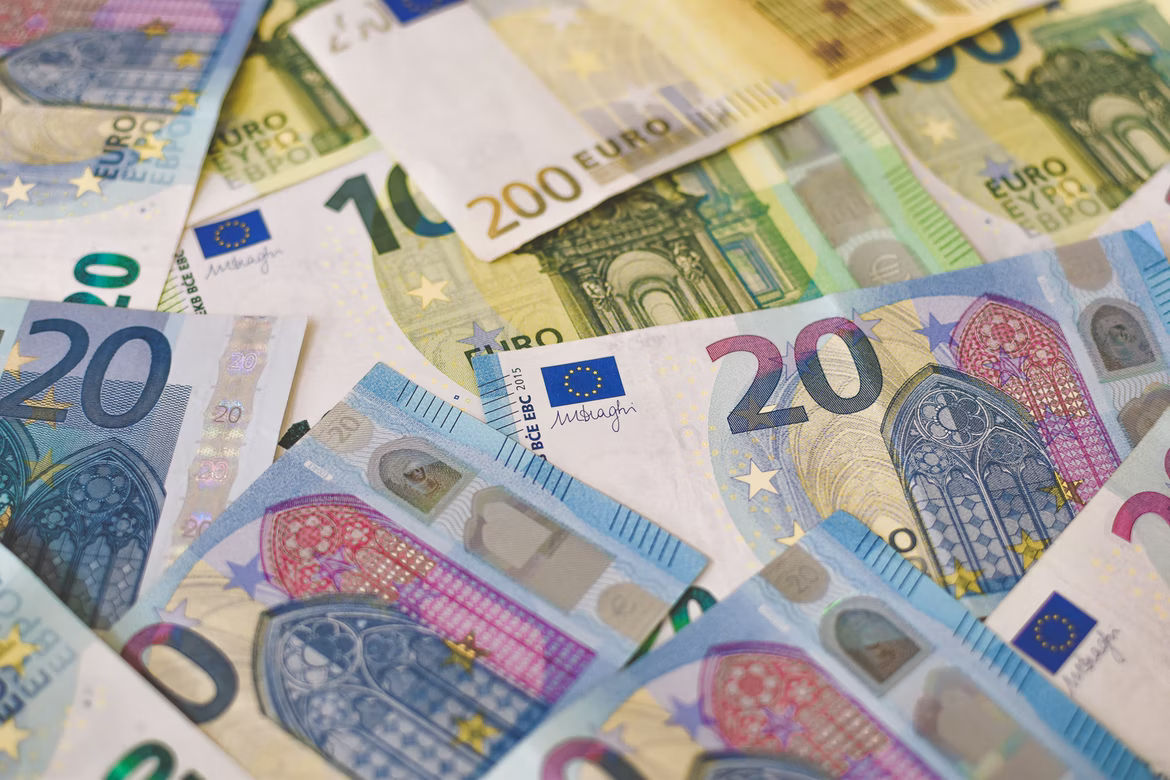The repo rate is the rate at which central banks of countries lend money to commercial banks in the event of a fund shortage. Monetary authorities use the repo rate to control inflation. In India, the Reserve Bank controls the repo rate.
If there is inflation, the central banks push up the repo rates. This in turn discourages banks from borrowing, which reduces the supply of money in the economy and contains inflation.
What does repo mean?
Repo means “repurchase option” or “repurchase agreement”. It refers to short term borrowing, which allows financial institutions or banks to borrow from other such institutions by putting up government securities. There are agreements in place to buy back these securities after a certain time period and at a specified price, higher than the initial price at the time of selling.
Also Read | Situation in Europe can derail the global economy: Shaktikanta Das
The duration of these loans is usually a day or fortnight. While the borrower enters the repo agreement, the lender goes into the reverse repo agreement.
In India, the repo rate is set by the RBI when commercial banks borrow from it, against collateral like treasury bills or government bonds.
What are the current and past repo rates?
The Reserve Bank of India’s (RBI) Monetary Policy Committee (MPC), in June, raised the repo rate by 50 basis points (bps) to 4.90%. The monetary policy committee’s decision was unanimous and it had decided to keep the stance of “withdrawal from accommodative”.
In an off-cycle meeting in May 2022, the RBI increased the
repo rate by 40 basis points (bps). Before May 2022, the last time the RBI changed
the repo rate was on March 27, 2020, during the first wave of the COVID-19
pandemic.
Also Read | RBI Monetary Policy Committee projects CPI inflation at 5.7% for FY23
With inflation hitting record highs and the rupee falling to record lows, the RBI which only started hiking interest rates in May, is expected to announce subsequent hikes to catch up with its global peers. In June 2022, RBI Governor Shaktikanta Das had said, “We do not want to take any abrupt, rough action that will be detrimental for inflation and markets of to the credit. We are focussed on withdrawal of accommodation but still below the pre-pandemic level.”







